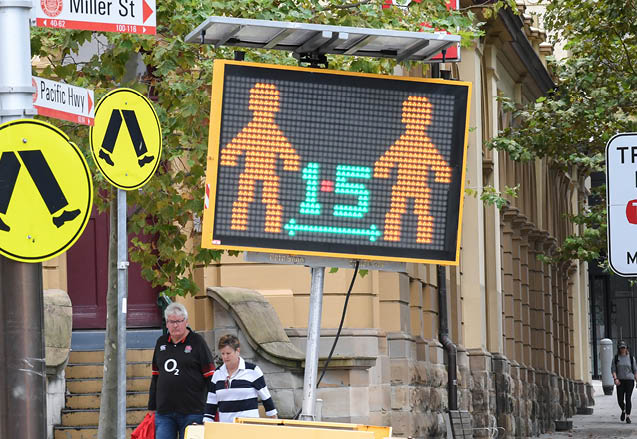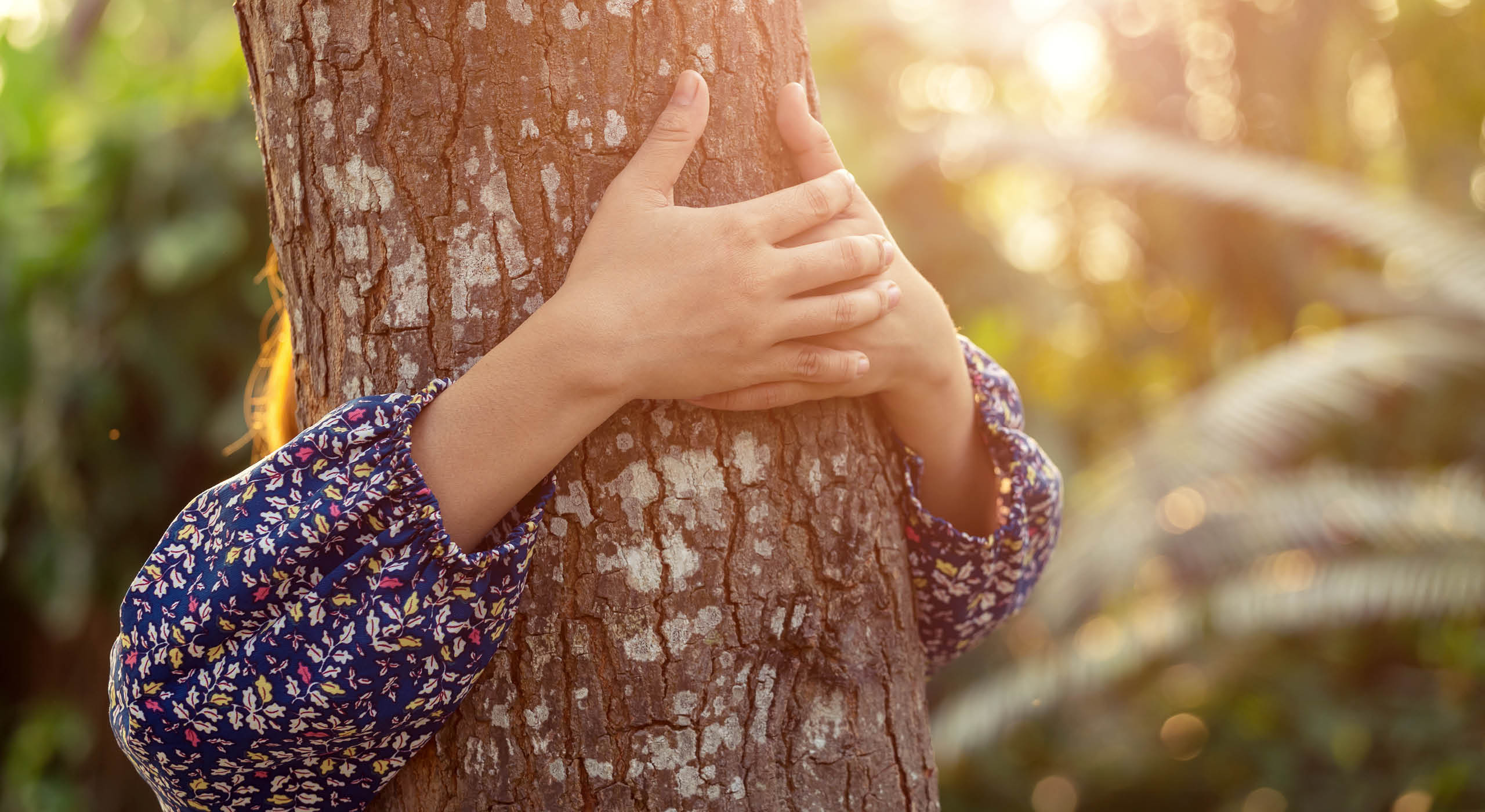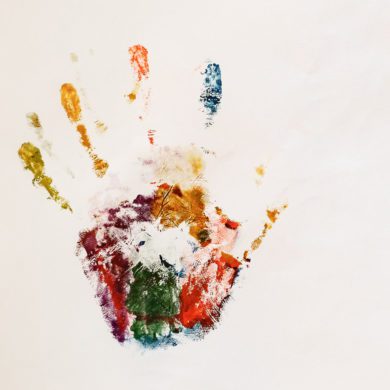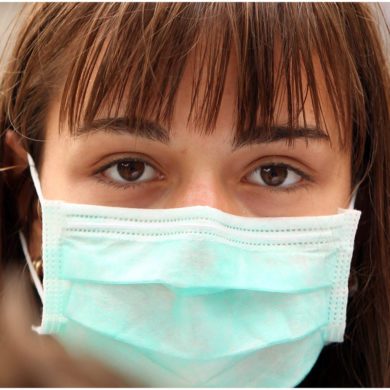On our morning walk a couple of days ago, my two year old slipped his hand from my grasp and took off towards a busy road. I shouted after him, and my heart stopped as he stumbled at the crossing before halting, just in time, to bang his open palm on the button at the lights.
“Oh no,” I thought, even as relief ran through me. ‘I didn’t bring any hand sanitiser.”
Busy roads aside, I used to feel the world around me was safe and benign, if I thought of it in terms of touch at all. But now, whenever I leave the house with the children, I find myself acutely aware of everything they reach for.
When they grab a door handle, I make a note to clean their hands as soon as possible. When we sit on a park bench, I think of the person who sat there moments before, of the virus-laden droplets that could linger on the metal armrests.
Covid-19 has changed the world into a place of surface anxiety for me.


“Touch has become associated with danger,” says Dr Josh Ackerman, Associate Professor of Psychology at the University of Michigan and an expert in how we interact with our environment. “Of course, in the era of Covid-19, it’s a good thing for people to be aware of the possibility of germ transmission, but the downside of vigilance is that it is accompanied by anxiety.”
I’m lucky; I live with four small children who crawl all over me constantly (there are times even now that I crave physical solitude). But there are many people currently in isolation who won’t hold another human for weeks.
A few days ago author Jill Stark wrote movingly about the realisation that, as a single person, she may not touch anyone for six months. “The realisation gave way to a profound sadness – a yearning I felt deep into my bones,” she said. “Psychologists call this skin hunger.”
Touch is the most underrated sense and certainly the most under-researched. Whole industries are based on what we eat, watch and hear, but have you ever seen a product advertised on the basis of its touch-related qualities alone? Unlikely, says Ackerman.
“And there is a scarcity of research on how touch itself affects mood. However, we certainly know that people can communicate emotional information through touch. We can tell, to an extent, what other people are feeling by how they physically interact with us. A light touch might signal affection or assurance, whereas a tight grip might signal anger or fear.”
I’m aware of every surface the children touch
That’s why it’s so easy to build a rapport with your hairdresser, notes psychologist Colleen Murphy. “They touch us and that intimacy allows us to share our feelings and thoughts, stress and happiness.”
Yet touch is also a critical sense for our interaction with the inanimate world, not just people, says Ackerman. “It’s the first sense to develop as our bodies develop,” he says. “Touch tells us the parts of the world that are usable and how much physical influence we can have over them.”
Children touch everything they can as they move through life. At the park, I watch mine explore the crevasses of tree trunks with their fingers, pick up acorns and roll them against their cheeks. These experiences build emotional associations with nature; even now, walking barefoot on grass gives me a childish feeling of freedom.
I’m curious, then, whether my newfound anxiety around touch will affect the children’s feelings about their environment. Ackerman believes it might. “I think because people are paying a lot more attention to the act of physical contact, they may counterintuitively be thinking less about the sensory qualities of that touch,” he says.
“It’s possible this will lead people to see interactions with the physical world more in line with what’s perceived as dangerous or safe, rather than more sensory qualities such as smooth versus rough or even pleasant versus unpleasant.”
Touch is a critical sense for our interaction with the world
No one really knows how we’ll emerge from this crisis, of course. No one knows if we’ll revert to our previous ease of touch, or whether we’ll maintain our current guardedness.
I hope we won’t recoil from others in the way we do now. On our daily walks, I notice older people stand back from the children as they bound down the street, and it makes me feel unbearably sad that the easy affinity between the old and the young has been severed. But as Murphy says, rather than dwelling on our loss of touch, we need to hold on to the reasons why we’re isolating.
“If we think about how we’re helping other people, we will help ourselves. If we can look out for our neighbours, reach out to our friends and family, if we think beyond ourselves, that will help us cope.”














No Comments